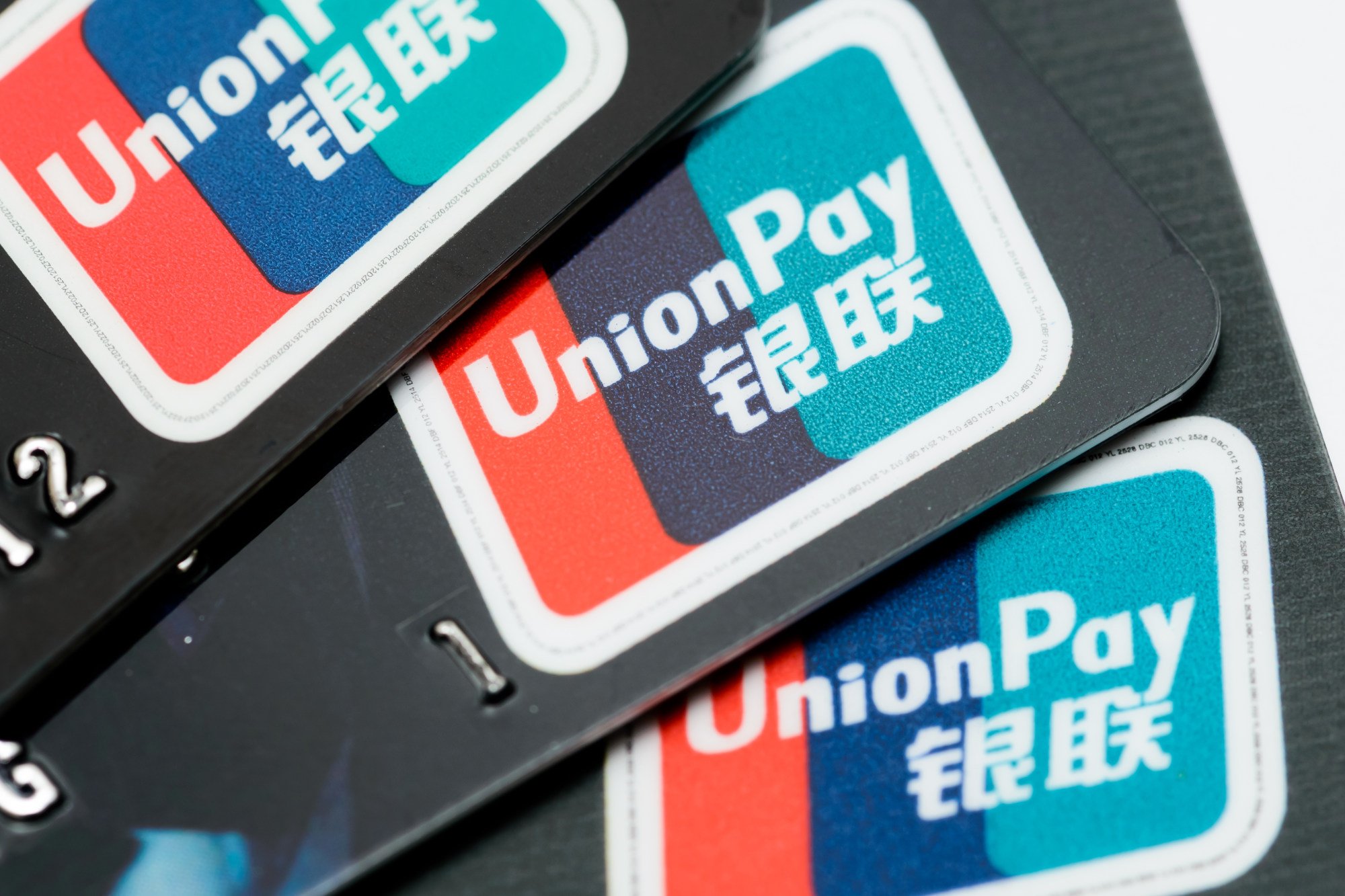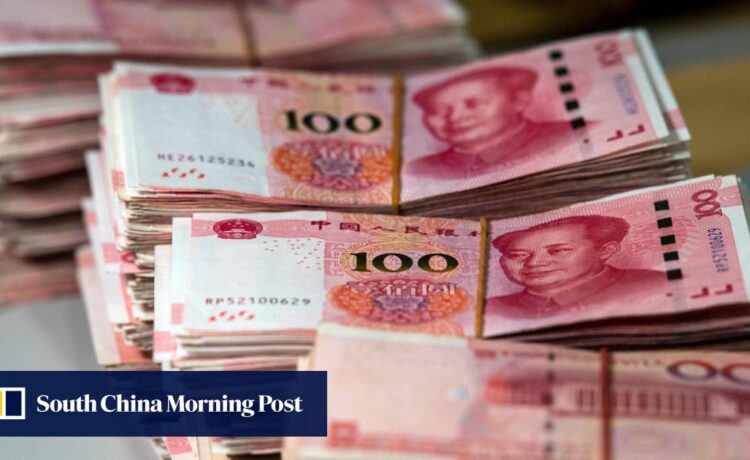The three-month suspension follows reports of remittances through Singapore being subsequently frozen in beneficiaries’ bank accounts in China by law enforcement agencies, the Monetary Authority of Singapore said in a statement late on Monday. It is unclear why these funds had been frozen.
Remittance companies have been directed to use only bank and card channels when transferring money to China, according to the MAS statement.

As of December 15, Singapore police had received more than 670 reports of remittances being frozen, with about S$13 million (US$9.8 million) of funds affected, Singapore Police Force and MAS said in a joint statement. Some 430 of the reports were against Samlit Moneychanger Pte Ltd.
To keep transaction costs low, the remittance companies had processed the affected outward remittances through overseas licensed agents and not through a direct bank transfer from Singapore to China, according to the joint statement.
“In recent months, for a very small proportion of such remittances, the monies received in beneficiaries’ bank accounts have been frozen by the PRC [People’s Republic of China] law enforcement agencies,” MAS said. “It is not clear why these funds had been frozen.”
IMF chief urges adoption of central bank digital currencies at Singapore event
IMF chief urges adoption of central bank digital currencies at Singapore event
MAS said it might terminate or extend the suspension after March 31, 2024 or take further measures as appropriate.
“This suspension is necessary for the immediate protection of consumers, and to stem the number of reported new cases of beneficiaries’ accounts in China being frozen,” it added.
MAS said people should use other channels for remittances into China, such as through banks or card networks such as China’s payment services firm UnionPay International, to prevent any inadvertent freezing of monies or accounts.
The central bank also warned people against rushing to remit money to China via overseas third-party agents before January 2024.














